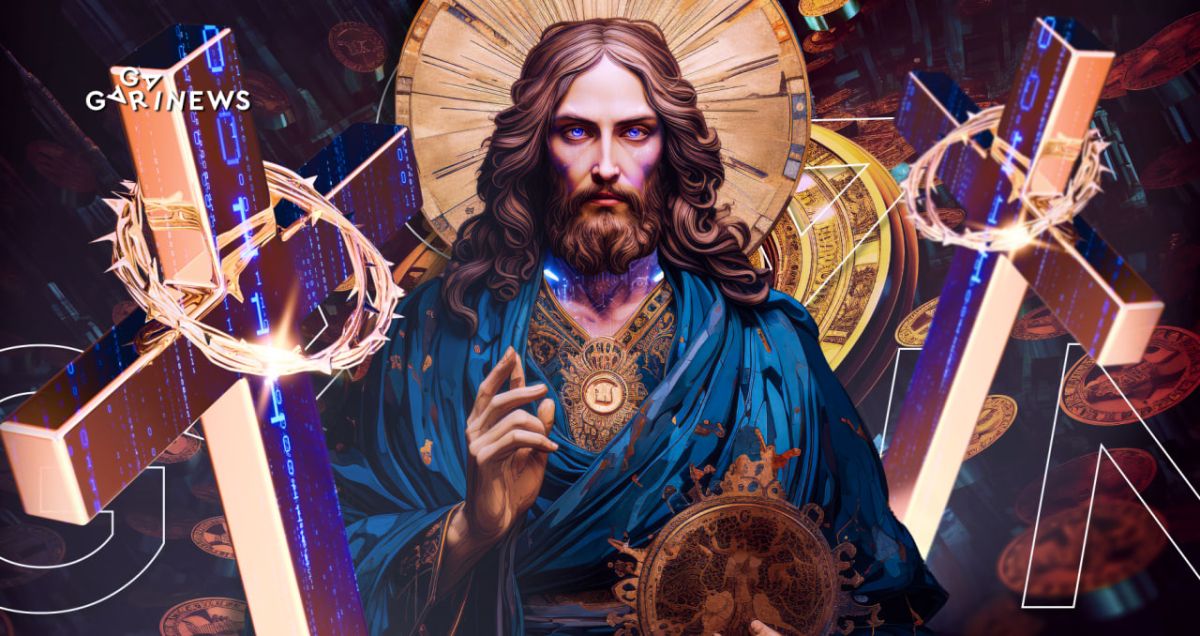Do Robotic Preachers Pose a Threat to Religions?

Robots are increasingly present in our day-to-day lives, but when it comes to religious practices, should we place our faith in artificial intelligence?
On this page
Researchers from the University of Chicago suggest that the rise of robotic preachers could challenge religious traditions. Their findings were published in an article titled “The Impact of Robotic Preachers on Religious Commitment” in the esteemed “Journal of Experimental Psychology: General”, a journal overseen by the American Psychological Association.
Dr. Joshua Conrad Jackson, an Associate Professor at the University of Chicago's Booth School of Business, spearheaded a team that conducted a series of experiments. These delved into how effective robotic preachers might be in Eastern religious temples and amongst American Christians. They aimed to gauge whether these robots could truly replace human spiritual leaders and how congregations felt about such a technological shift.
Buddhist Preacher, Mindar
The initial experiment was set at the Kodai-ji Buddhist temple in Kyoto, Japan. The focus was on Mindar, an android introduced in 2019. This sophisticated piece of tech was a collaboration between Japanese robotic experts from A-Lab Co and temple representatives. Mindar, standing at a height of 190 cm and weighing 60 kg, boasts a metallic body with facial, shoulder, and arm features enveloped in a skin-mimicking silicone. Creating this advanced preacher set them back almost $1 million.
Robot Preacher Mindar. Source: https://www.asahi.com/
Mindar engages with the congregation with a soft, welcoming gaze, occasionally gracing them with a slight smile. He has a rich vocal range and can articulate gestures with his hands and body. Capable of delivering the “Heart Sutra” for 25 minutes, Mindar's sermons are further enhanced with multimedia projections. Since his unveiling in 2019, many have flocked to hear him preach and initial reactions have been largely positive. But Jackson's study highlights a trust gap: congregation members are not fully embracing this mechanical preacher.
A survey involving 398 attendees revealed a telling trend: Mindar, despite his advanced features, couldn’t resonate with the faithful as deeply as human priests, resulting in fewer donations.
Pepper: The Daoist Temple's Robotic Aide
At a Daoist temple in Singapore, a unique experiment took place involving 239 congregants and a robot named Pepper. While the temple had its regular human preachers, Pepper was introduced to recite sutras with its electronic voice, even showcasing the ability to play the drum. What stood out was Pepper's chief role: overseeing farewells for the departed, a service remarkably more affordable than its human counterpart—almost six times cheaper.
Pepper the robot from Singapore Source: https://www.scmp.com/
Feedback from the congregants echoed the sentiments of those introduced to Mindar. Their trust in Pepper was notably lower, they felt less motivated by its presence, and this translated to fewer donations. Moreover, the enthusiasm to share the robot’s teachings or to promote their temple with flyers dwindled.
Interestingly, while the congregants' feedback tilted in favor of human interaction, the difference wasn't vast. On a trust scale from 1 to 5, human clergy earned a 3.51, whereas robots were close behind with a 3.12.
A Digital Sermon in the U.S.
A digital sermon targeted at 274 American Christians was the study’s concluding piece. It was designed to validate the belief that Western religious followers, akin to their Eastern counterparts, gravitate more towards human interaction.
For the sermon, a strategic divide was employed. Half the participants believed a human had crafted the sermon, while the other half were informed it was the handiwork of AI. Predictably, those in the AI-informed group harbored less trust in the sermon, citing the perceived lack of emotional depth and human touch.
“Robots and AI programs can't truly hold any religious beliefs so religious organizations may see declining commitment from their congregations if they rely more on technology than on human leaders who can demonstrate their faith,”
Joshua Jackson said.
The content on The Coinomist is for informational purposes only and should not be interpreted as financial advice. While we strive to provide accurate and up-to-date information, we do not guarantee the accuracy, completeness, or reliability of any content. Neither we accept liability for any errors or omissions in the information provided or for any financial losses incurred as a result of relying on this information. Actions based on this content are at your own risk. Always do your own research and consult a professional. See our Terms, Privacy Policy, and Disclaimers for more details.




























